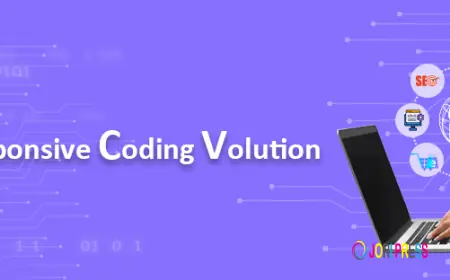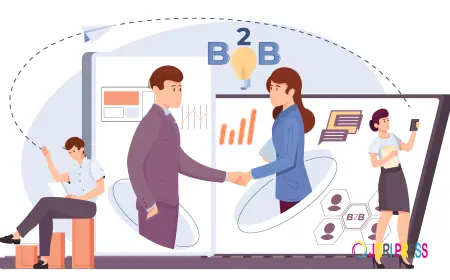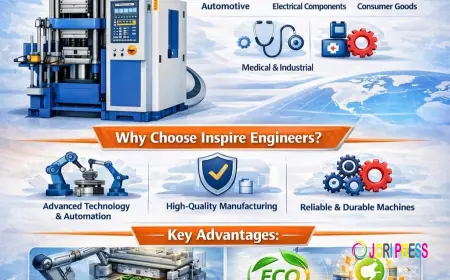Navigating IFRS S1 and S2: Challenges and Opportunities for Businesses
As global demand for corporate transparency on sustainability grows, the release of IFRS S1 and S2 marks a pivotal shift in how businesses disclose sustainability-related information. Developed by the International Sustainability Standards Board (ISSB), these two reporting standards aim to provide a unified, consistent approach to sustainability and climate-related disclosures.
IFRS S1 and S2 are frameworks designed to help organisations communicate the financial impact of sustainability risks and opportunities to stakeholders, including investors, regulators, and business partners. For companies preparing to align with these standards, understanding both the challenges and the strategic advantages they present is key to navigating the evolving sustainability landscape.
Understanding IFRS S1 and S2
-
IFRS S1 focuses on general sustainability-related financial disclosures. It sets out how companies should report on sustainability risks and opportunities that are likely to affect enterprise value over the short, medium, or long term.
-
IFRS S2 specifically addresses climate-related disclosures. It builds upon existing frameworks such as the Task Force on Climate-related Financial Disclosures (TCFD) and provides guidance on metrics, targets, and transition planning for climate-related risks.
Together, these standards aim to standardise the way sustainability information is presented in general-purpose financial reports, improving transparency and comparability across industries and markets.
Key Challenges for Businesses
1. Data Collection and System Readiness
One of the most immediate challenges is the need for accurate, auditable data related to sustainability and climate performance. Many organisations lack the internal systems and controls to track emissions, climate risks, or environmental performance at the level of detail required by IFRS S1 and S2.
Businesses will need to invest in data infrastructure, measurement frameworks, and integrated reporting tools that align financial and sustainability data in a unified view.
2. Cross-Departmental Coordination
Sustainability-related financial disclosures touch every part of a business—from finance and operations to procurement, HR, and legal. Aligning these functions under a consistent reporting strategy requires strong governance, accountability, and leadership oversight.
Without proper collaboration across departments, inconsistencies and reporting gaps are likely to emerge.
3. Understanding Materiality in a Sustainability Context
Under IFRS S1 and S2, companies are expected to disclose sustainability matters that could affect enterprise value. However, defining materiality in this context is complex, as it includes both financial impacts and long-term risk exposure.
Determining what to report—and what to leave out—will require robust materiality assessments supported by stakeholder engagement and industry benchmarking.
4. Capacity and Skill Gaps
Sustainability reporting under IFRS requires expertise that goes beyond traditional financial accounting. Businesses will need access to professionals who understand sustainability risks, climate modelling, and scenario analysis, in addition to standard reporting practices.
Building internal capacity or working with credible external partners will be essential to meet evolving expectations.
Strategic Opportunities for Early Movers
Despite the challenges, aligning with IFRS S1 and S2 can unlock significant advantages for forward-thinking companies.
1. Improved Stakeholder Trust and Market Access
Clear, consistent sustainability reporting builds confidence among investors and partners. By adopting IFRS S1 and S2 early, businesses can signal a commitment to long-term value creation and responsible governance, strengthening their brand and reputation in the process.
2. Stronger Risk Management and Decision-Making
The reporting process helps companies surface and understand sustainability and climate-related risks that may have previously been overlooked. This leads to better risk management, more informed strategy development, and long-term resilience in volatile environments.
3. Operational Efficiency and Innovation
Complying with IFRS standards often requires revisiting internal processes, resource use, and performance metrics. While this demands effort upfront, it can also lead to operational improvements, cost efficiencies, and new opportunities for innovation, particularly in areas like energy use, resource efficiency, and supply chain management.
4. Alignment With Global Market Expectations
Even in regions where sustainability reporting is not yet mandated, IFRS S1 and S2 are fast becoming global benchmarks. Companies that voluntarily align with these standards are better positioned to compete internationally and meet the growing expectations of global stakeholders.
Final Thoughts
The release of IFRS S1 and S2 marks a new era in corporate reporting—one that connects sustainability performance with enterprise value in a structured, transparent manner. For businesses, navigating these reporting standards may be challenging, but the long-term gains in trust, performance, and resilience are undeniable.
As sustainability becomes a core driver of business success, organisations that act early, build capacity, and integrate sustainability into financial decision-making will lead the way in both compliance and competitiveness.
What's Your Reaction?
 Like
0
Like
0
 Dislike
0
Dislike
0
 Love
0
Love
0
 Funny
0
Funny
0
 Angry
0
Angry
0
 Sad
0
Sad
0
 Wow
0
Wow
0


















































